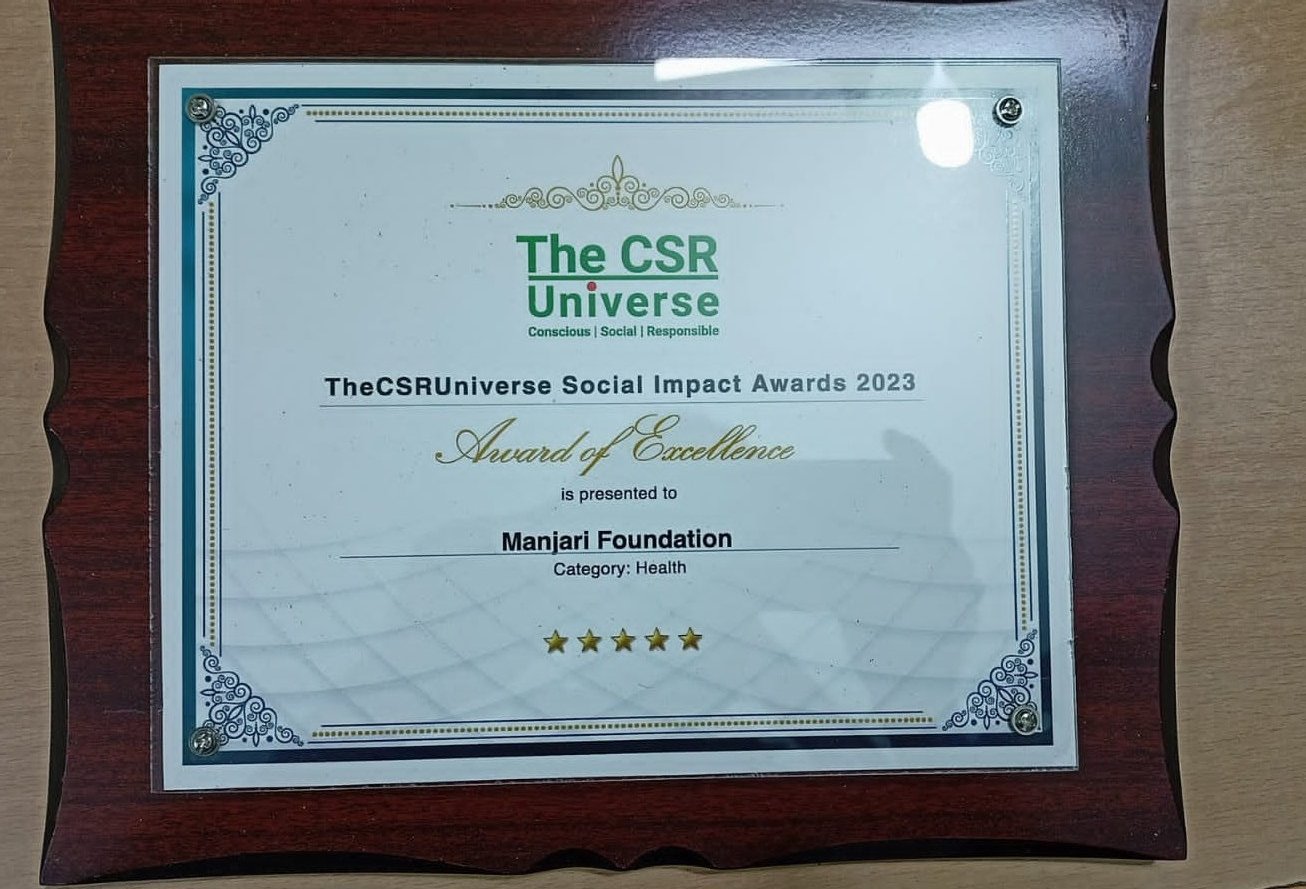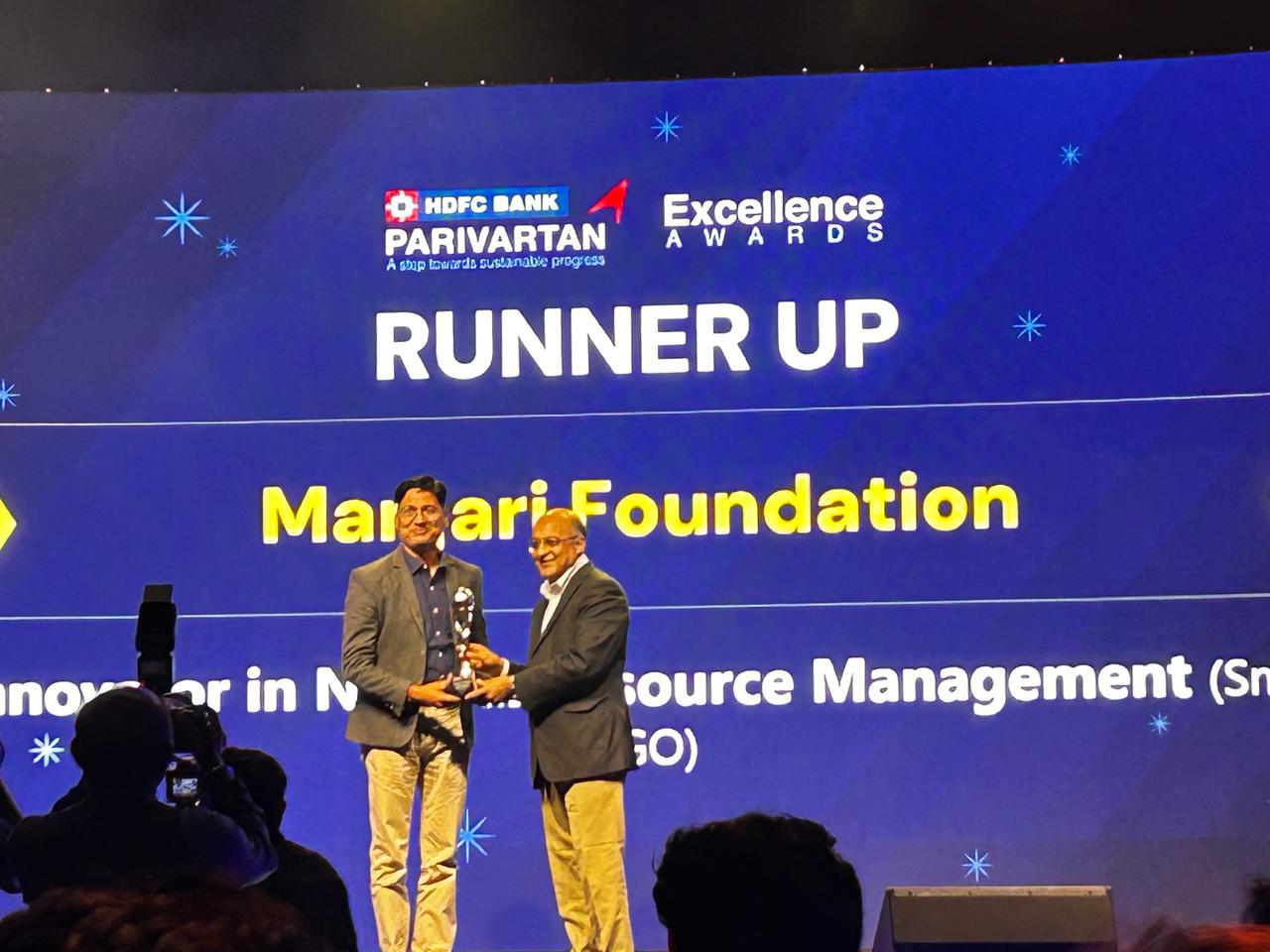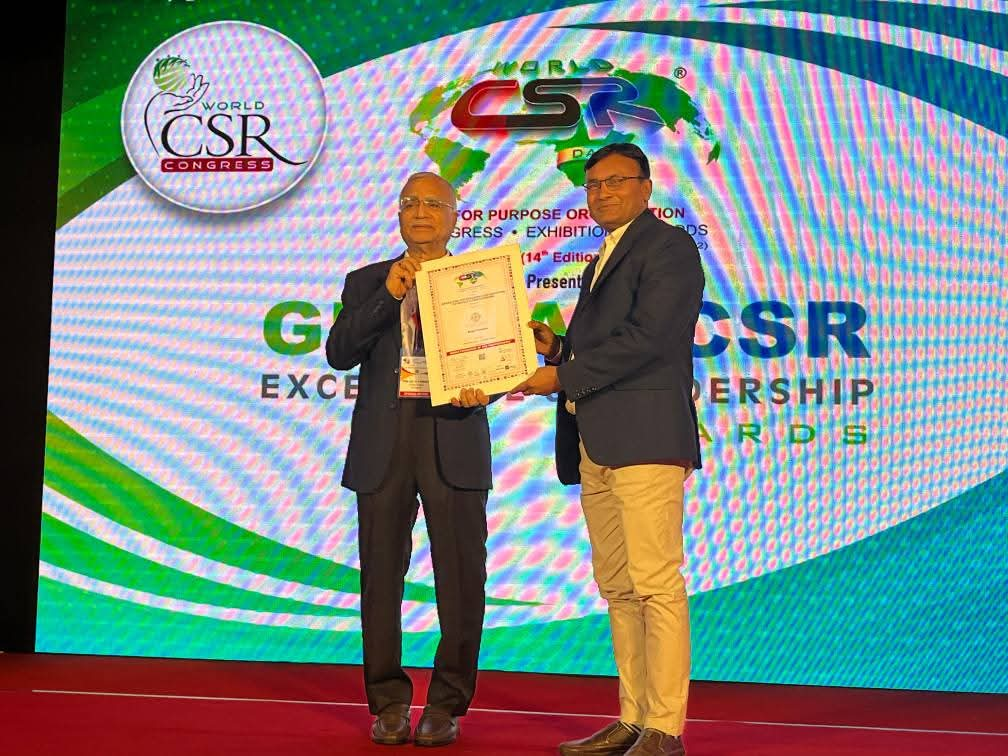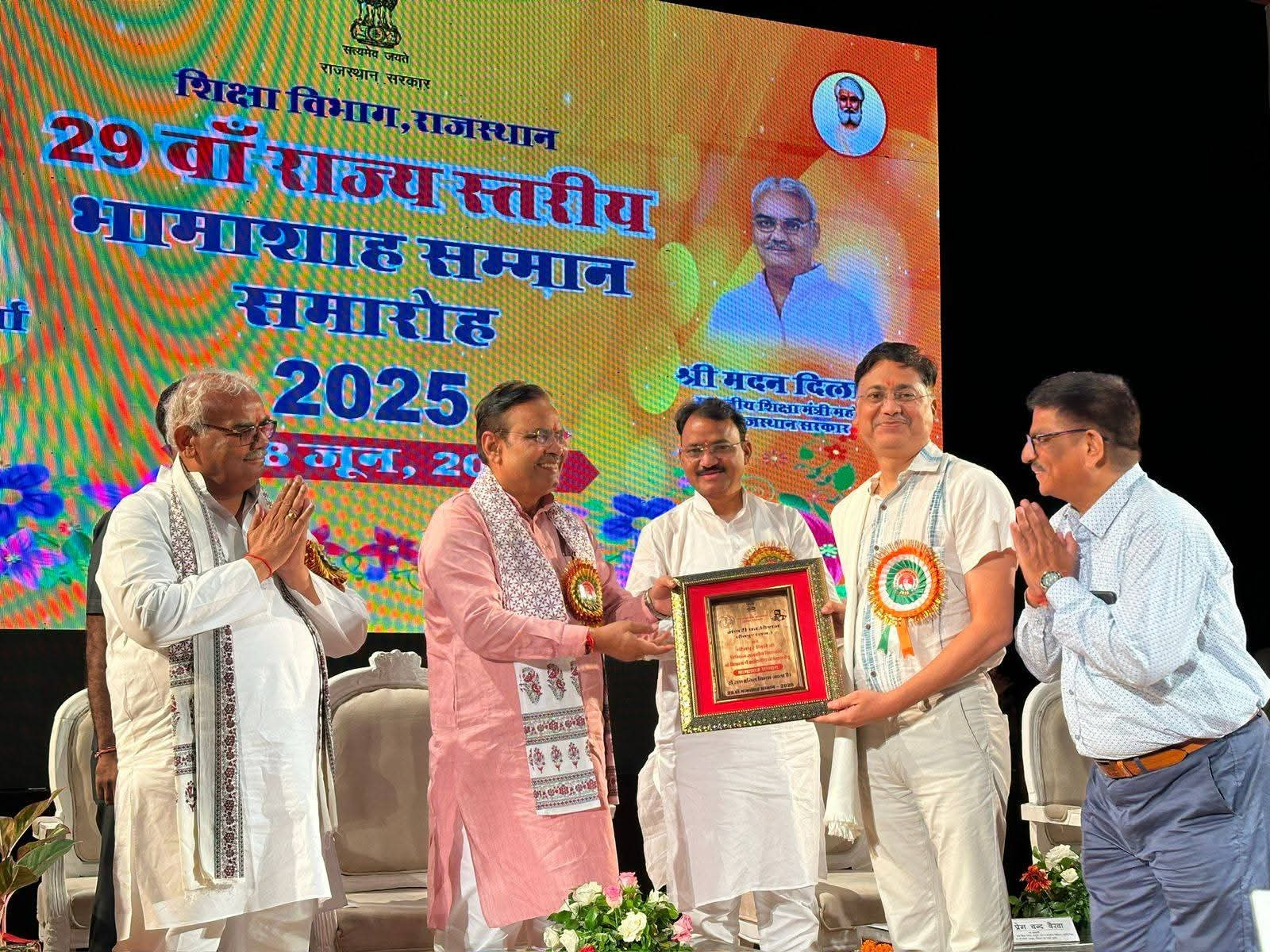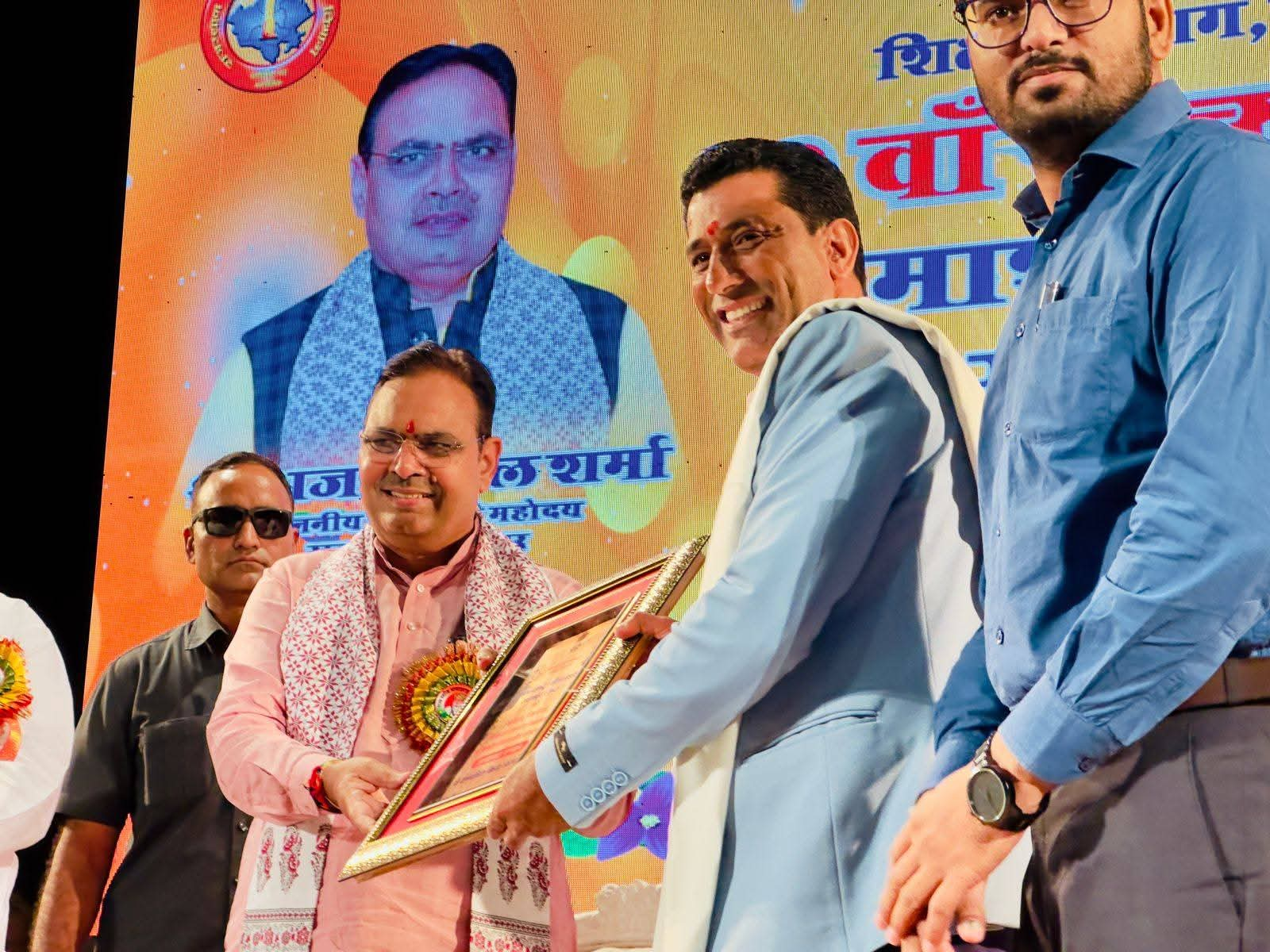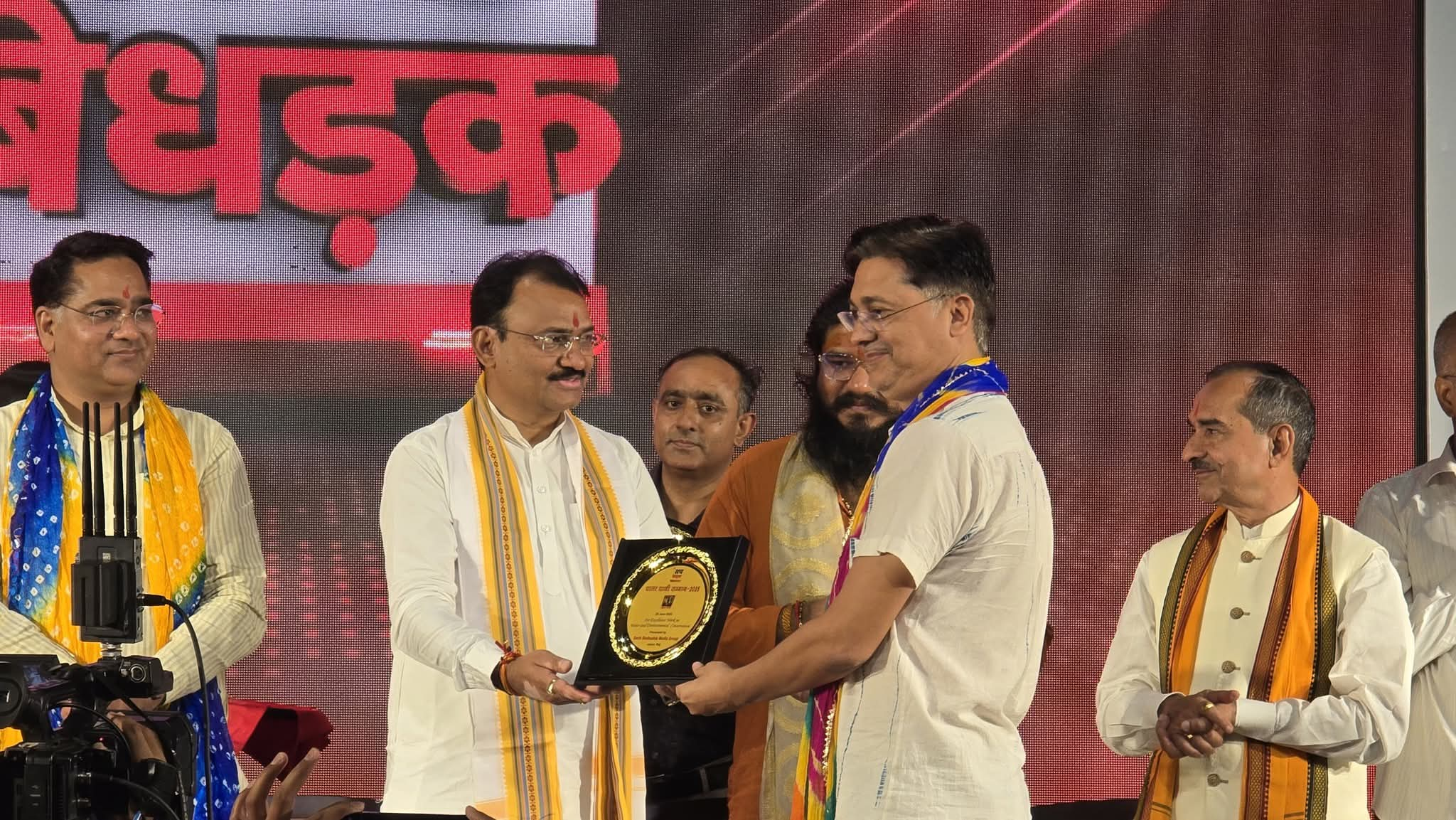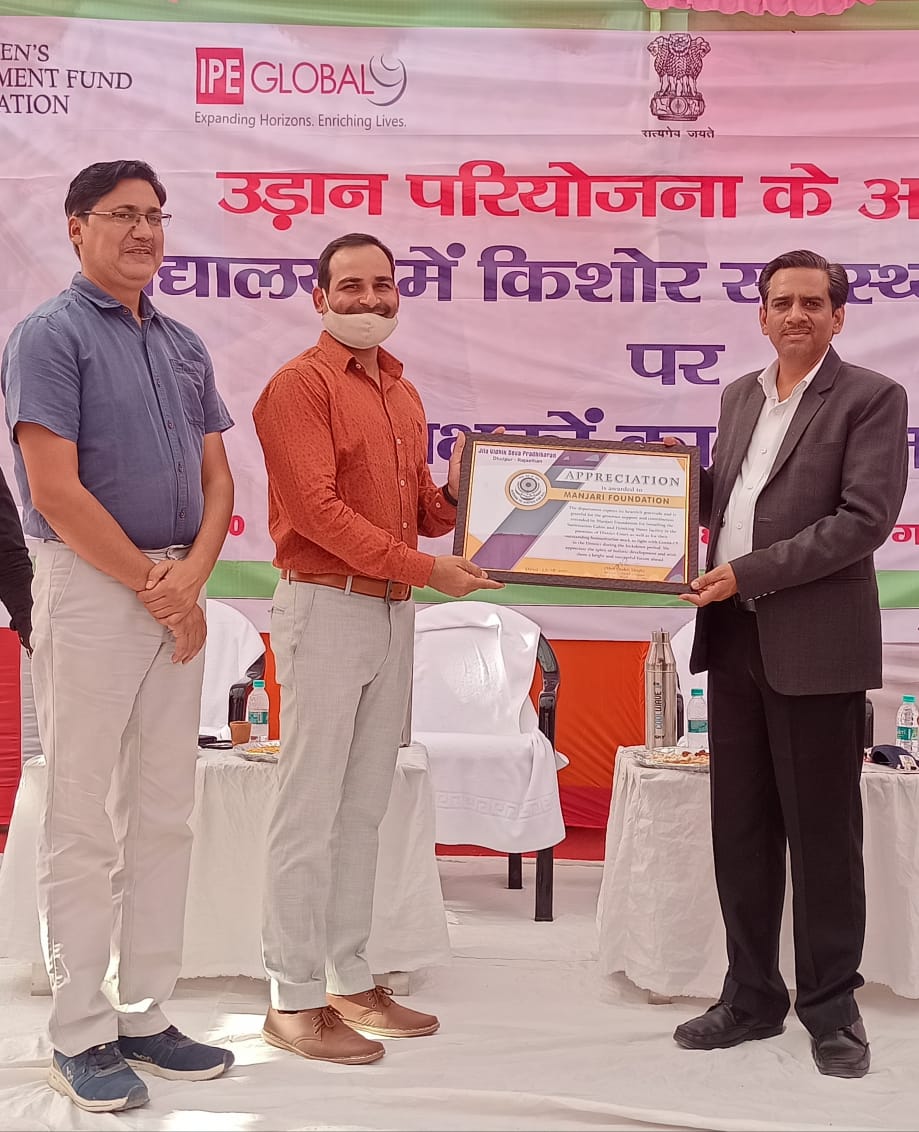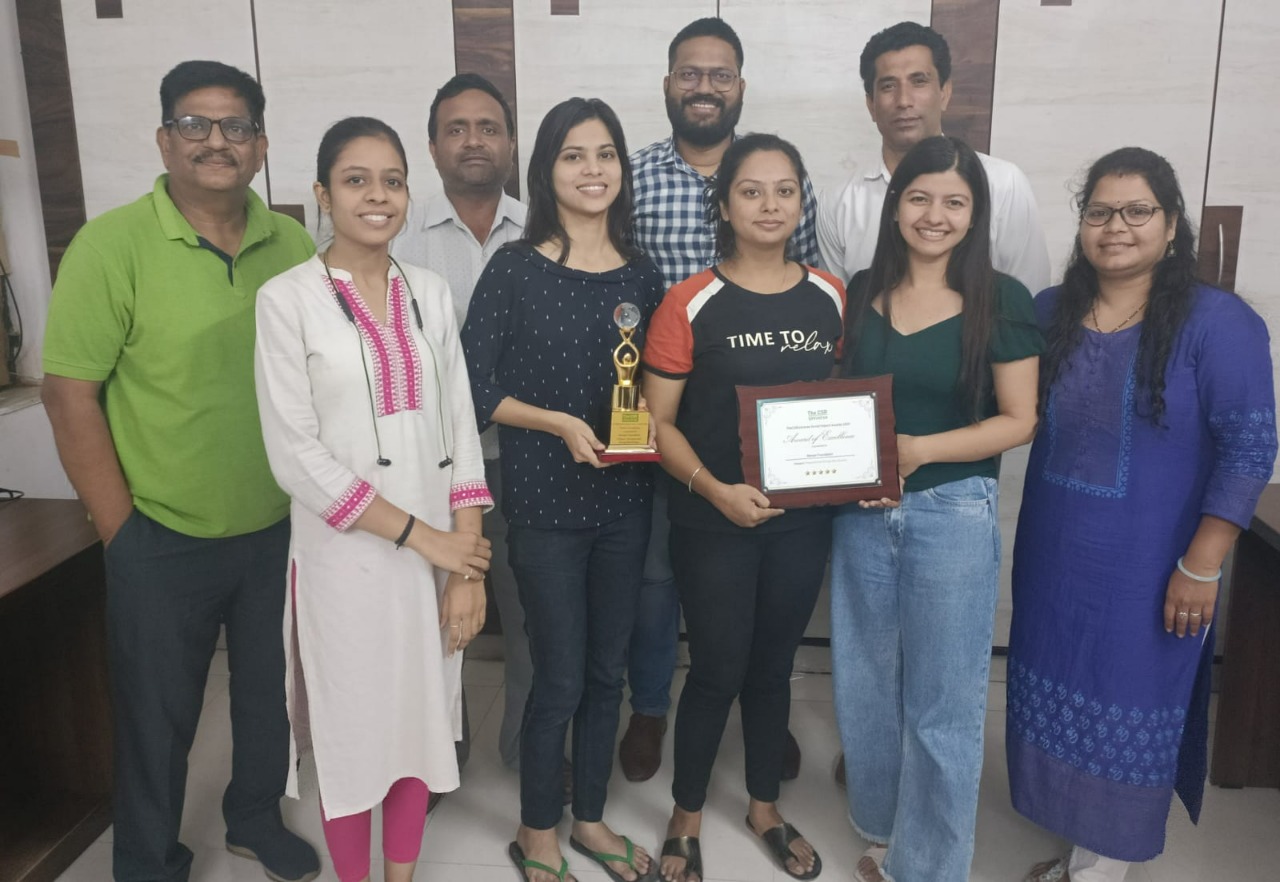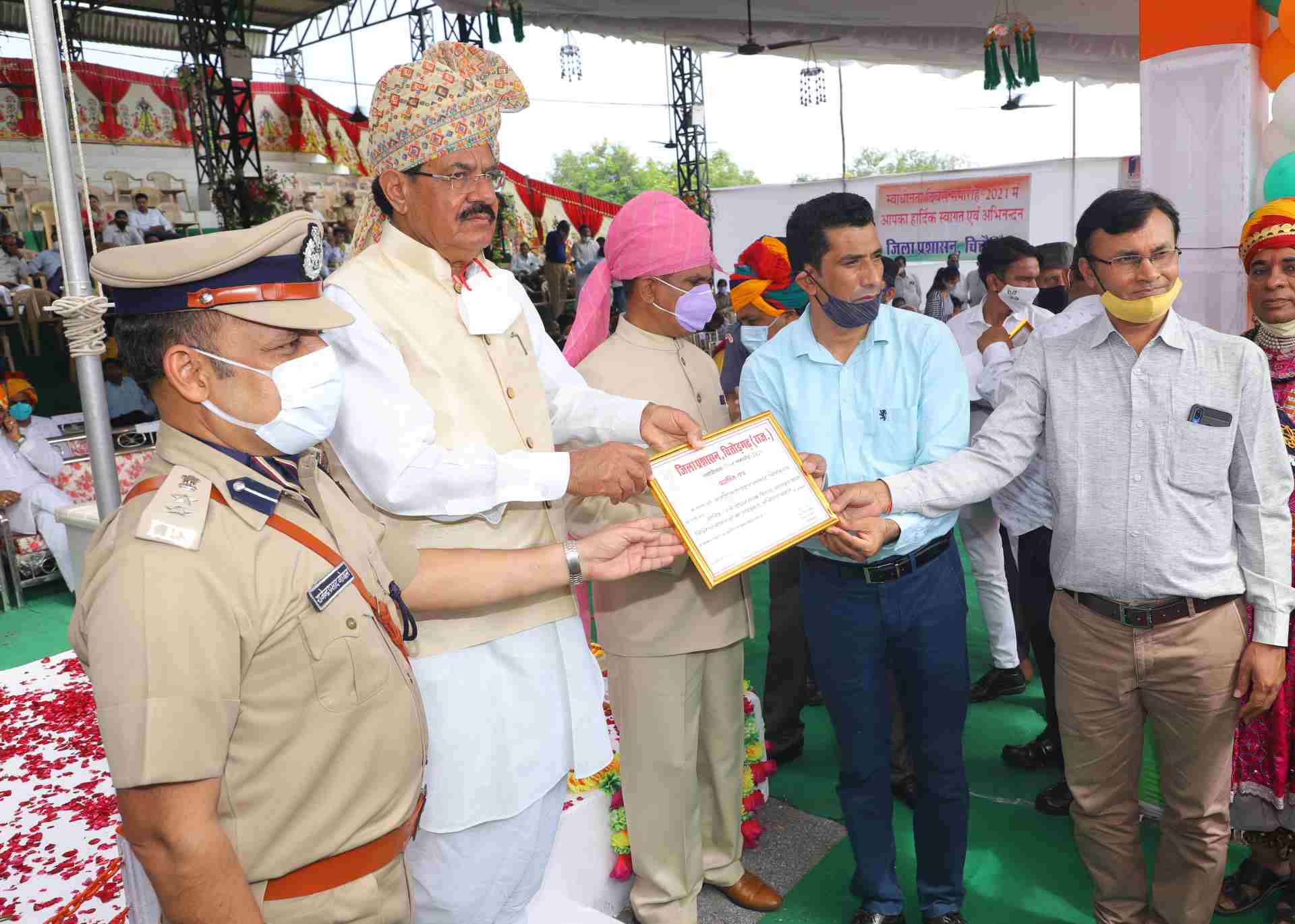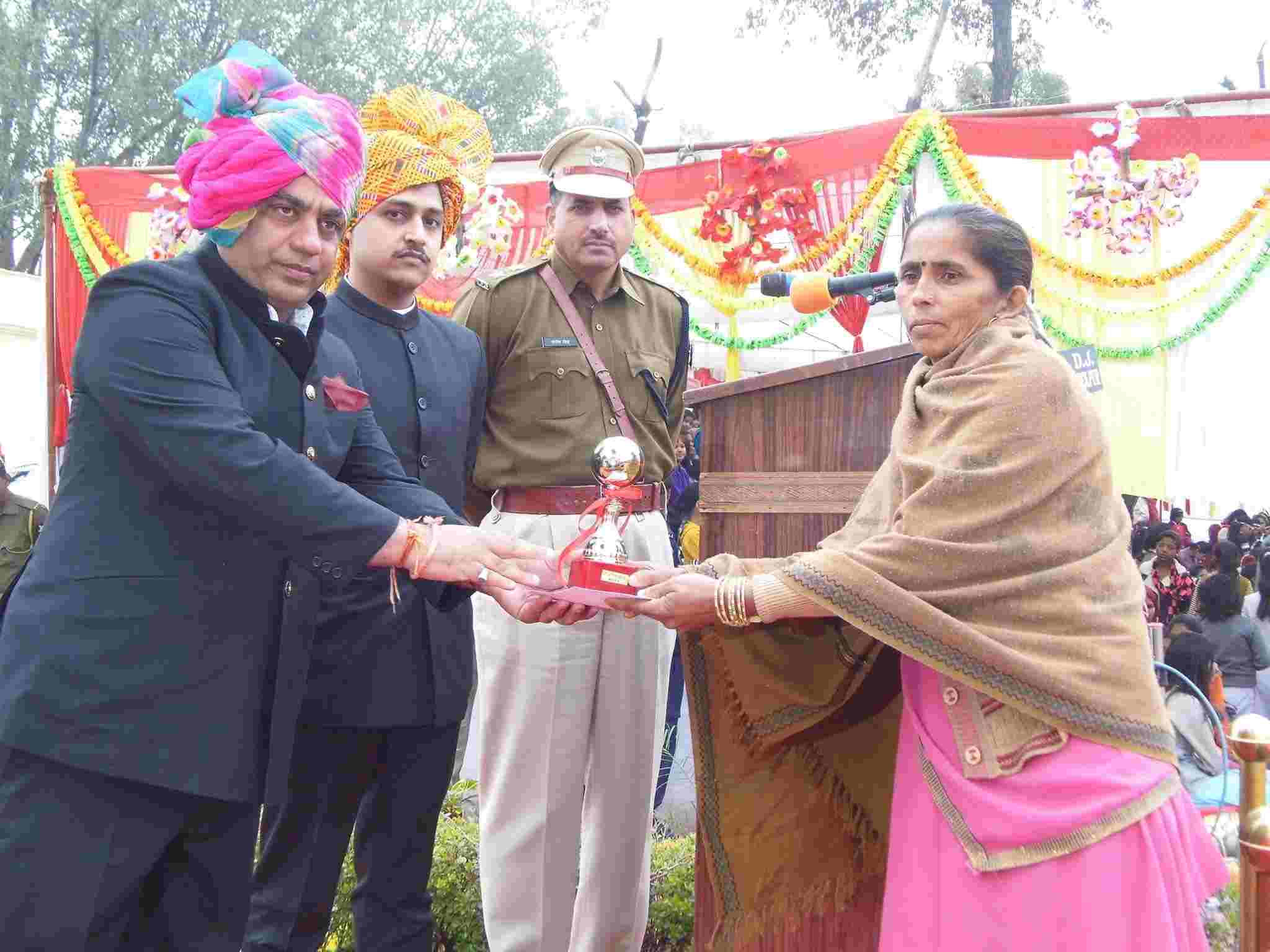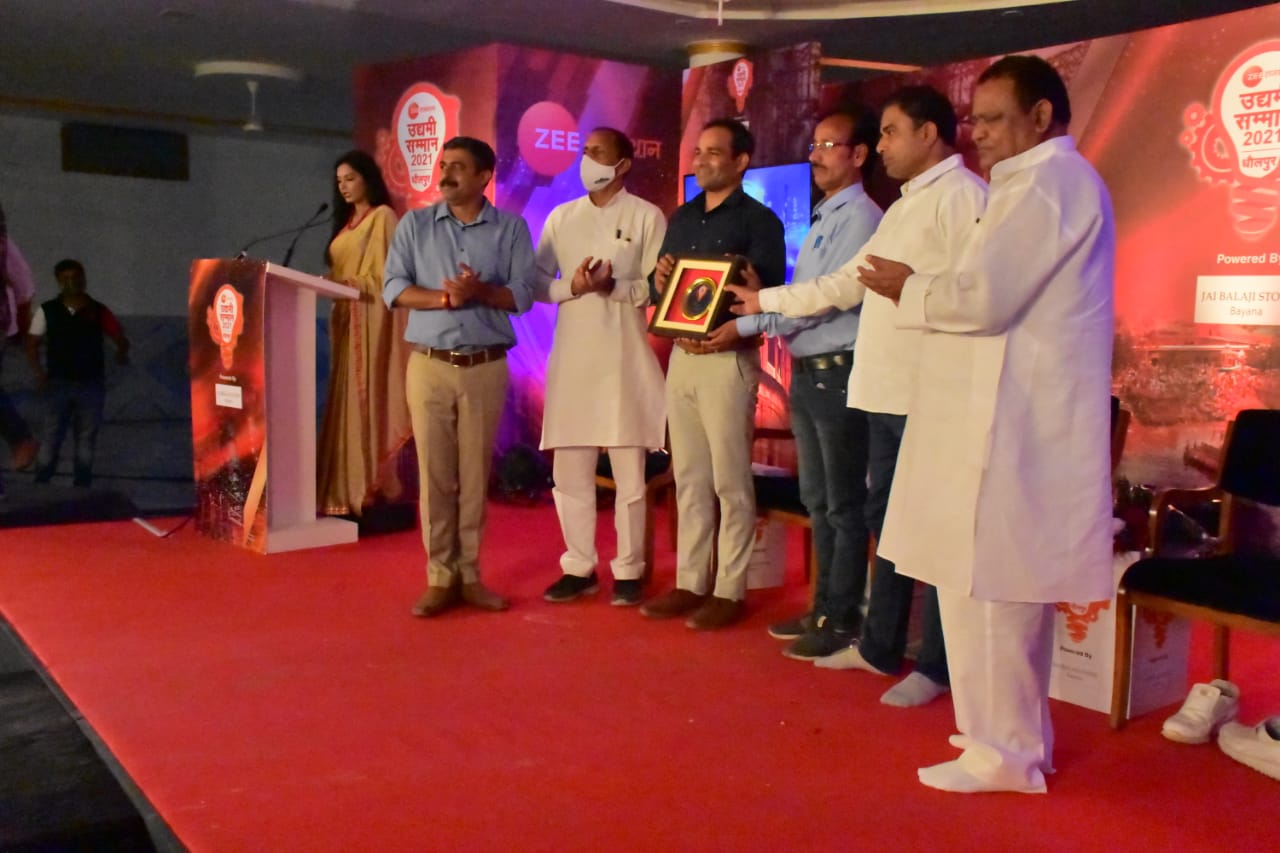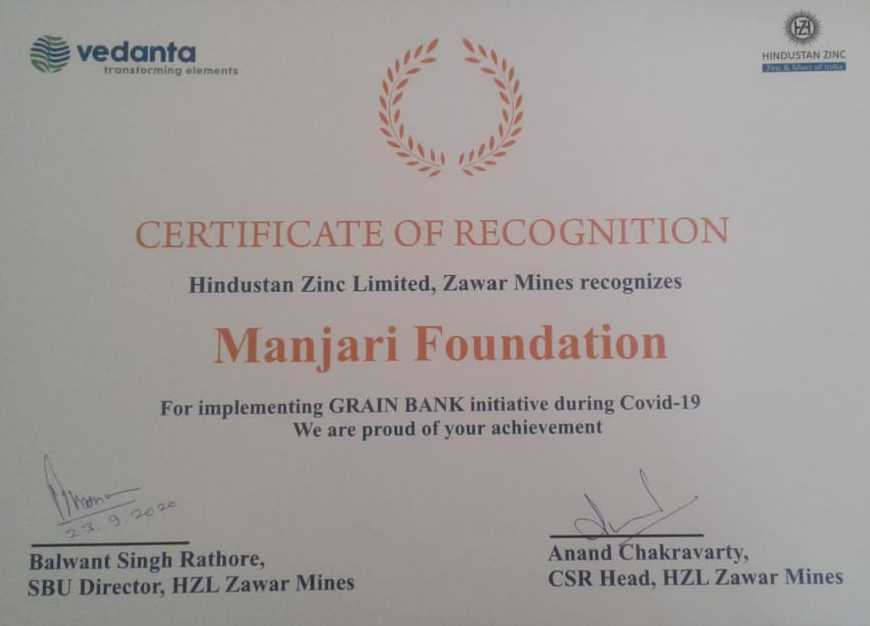Our programs have empowered over 12.44 lakh population, mainly women, through 8567 SHGs, 895 Village Organisations, and 23 Federations. We also successfully replicated our model for women's empowerment in two West African countries, Mali and Senegal. Our women's institutions have mobilized a cumulative credit of INR 32.88 crore (USD 3.8 million). Our work has resulted in the inclusion of more than 80000 women into the banking system, through which they have gained a sense of dignity, confidence, and increased sense of agency. Additionally, community institutions are also serving as a collective voice and powerful vehicles of good governance and change in their villages. Manjari Foundation has supported over 18000 families in enhancing their incomes through sustainable livelihood programs. Our livelihood programs are both farm and non-farm-based and also include entrepreneurship development initiatives that engage women in the production, processing, and marketing of a range of dairy, agri-based, and textile products. Our 4 women-owned social enterprises/ producer organizations have made a combined business of INR 3.5 crore in 2020. Our agriculture initiatives have helped families to double their incomes from their farmland. We have trained and built capacities of 1466 school teachers and over 50,000 students. The impact of this has translated into education policy advocacy wherein the district administration of Dholpur rolled out the program in all government and private schools. Manjari Foundation Second Chance Education (SCE) programs have helped 1000 drop-out women access higher education. Now these women are pursuing job-oriented vocational training. Educated mothers are well-equipped to cater to their children's scholastic needs. Our Learning Labs initiative offers a favorable learning environment in remote villages while also serving as a meeting place for other members of the community. Our employment generation program has impacted over 2000 members by training them in various vocations such as Tailoring, Candle, and Gulal making, agarbatti making, and processing of dairy and agri-based products. Some members have started their micro-enterprises while others have been deployed in various industrial setups. We have also trained over 1000 Community Resource Persons (CRPs) who continue to mobilize and build capacities of women at the grassroots. In the last 5 years, our CRPs trained over 25000 members on various institution-building and livelihood promotion activities. Manjari Foundation supported over 3000 marginal farmers to conserve water and improve productivity and carrying capacities. Our initiatives are aimed at building resilience and helping farmers reduce vulnerabilities and risks caused by climate change. With the use of renewable energy technologies, families are now more secure and self-sufficient. Our participatory climate action initiative is led by Pani Panchayats, which are community institutions that execute everything from planning, implementation, monitoring and participatory evaluation by themselves. Communities have also been trained on various climate resilience strategies such as water budgeting and climate-smart agriculture. This has resulted in communities that are better equipped to manage their natural resources. At Manjari Foundation, we are committed to creating a sustainable future for rural communities. With a focus on reducing carbon footprint and promoting eco-friendly solutions, we have launched Green Energy projects in Banda and Sitarganj. Our mission is to empower villages with clean, renewable energy, and mitigate the impact of climate change. In Banda, Uttar Pradesh, we have installed 300 solar street lights across 30 villages, benefiting over 5500 families. This initiative aims to decrease carbon emissions and ensure a reliable electricity supply to rural communities. By providing clean energy alternatives, we are supporting sustainable development and enhancing the quality of life for villagers. In Sitarganj, we have operationalized 400 solar lights with a capacity of 7.2 KW. These lights generate an impressive 13,140 KWh of solar power energy, reducing reliance on non-renewable sources. Additionally, we have installed two solar pumps, each with a capacity of 7.5 HP, which irrigate 25 acres of land. This eco-friendly solution promotes sustainable agriculture practices and enhances crop yields. By leveraging solar power, we are reducing carbon emissions, promoting energy independence, and improving the lives of thousands of villagers.
Winds of Change
Women's Empowerment
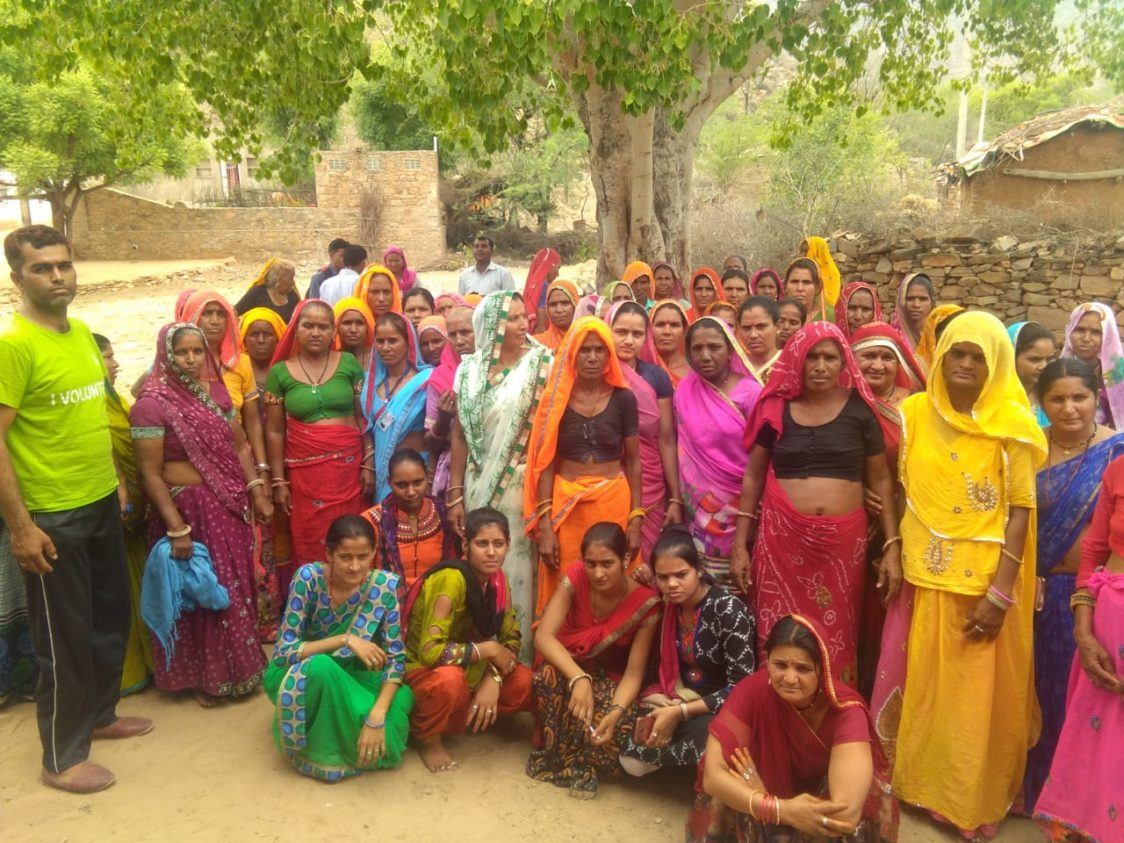
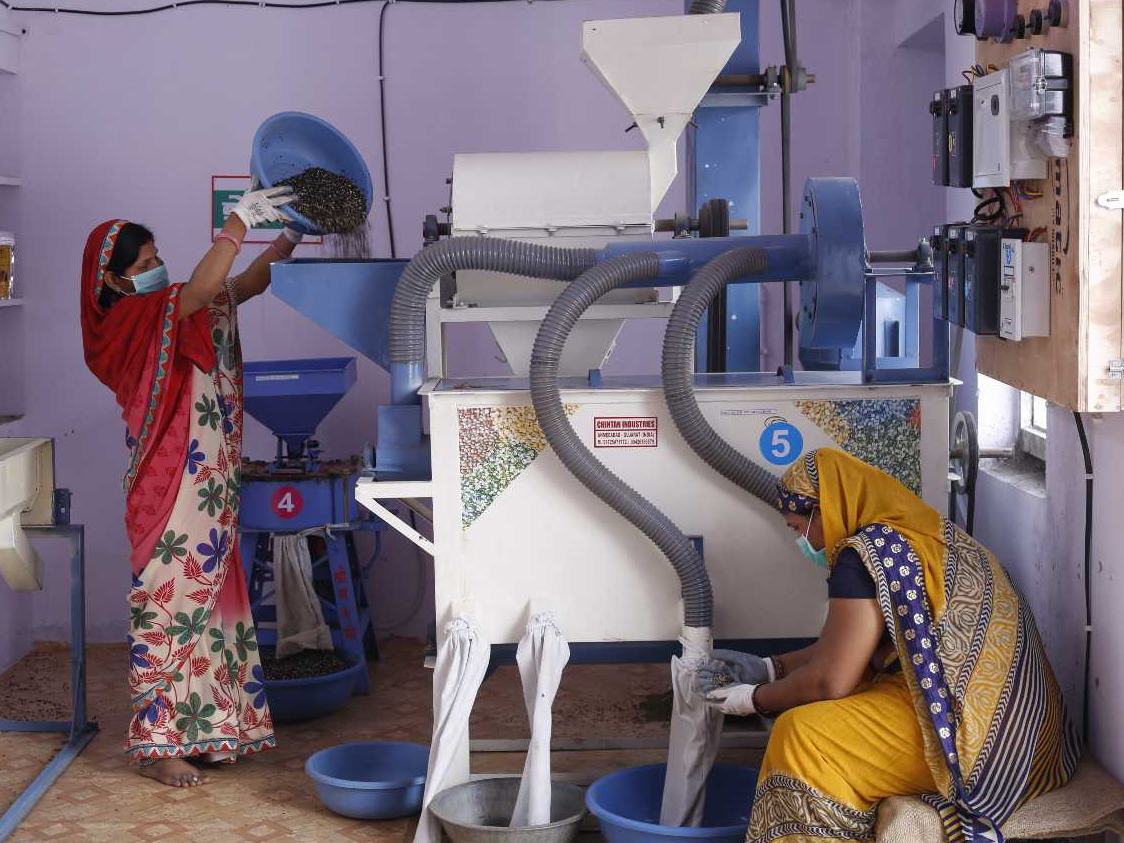
Livelihoods and food security
Education
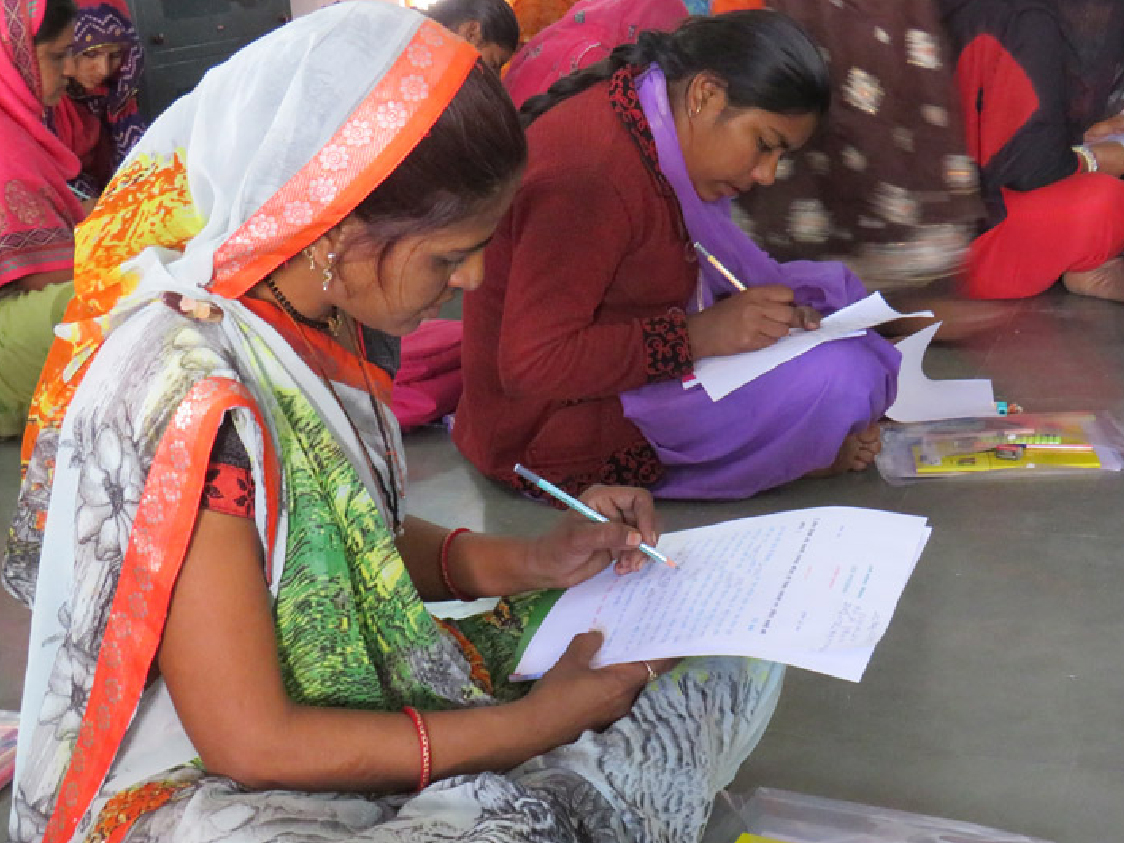
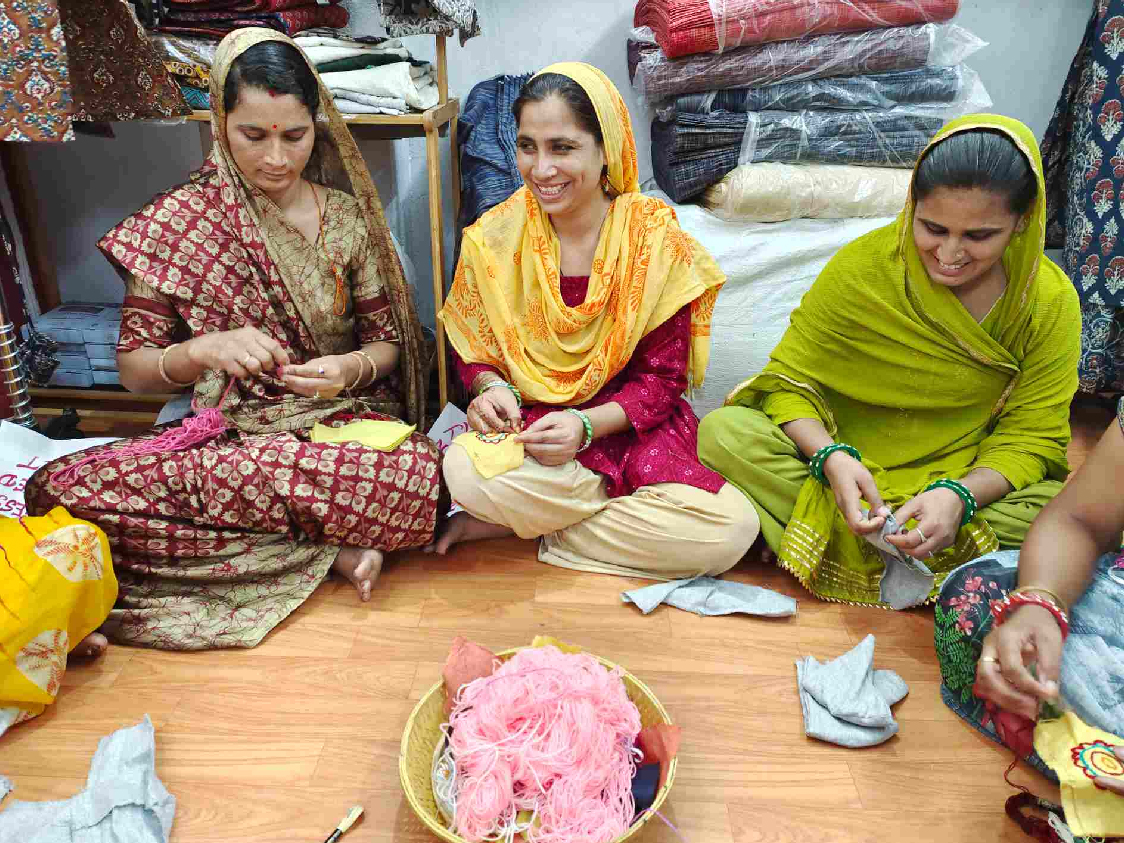
Skill-building & Employment
Climate change
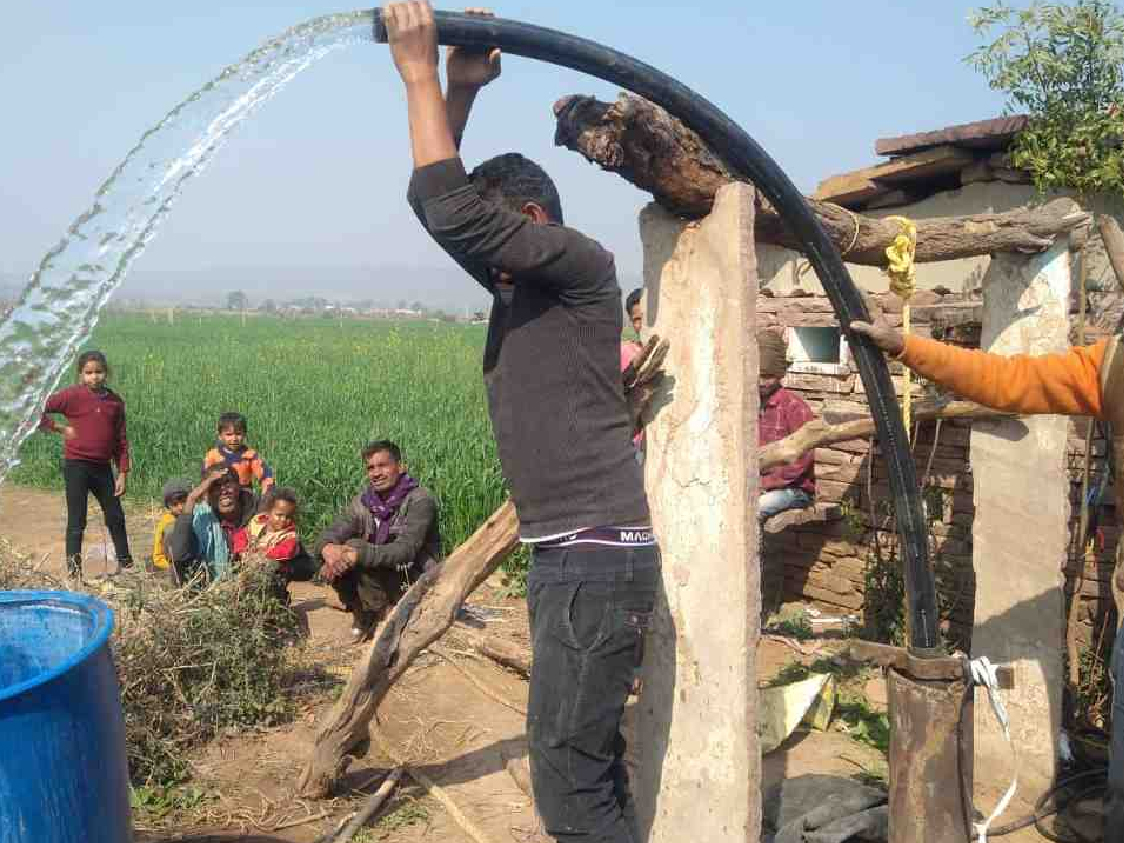
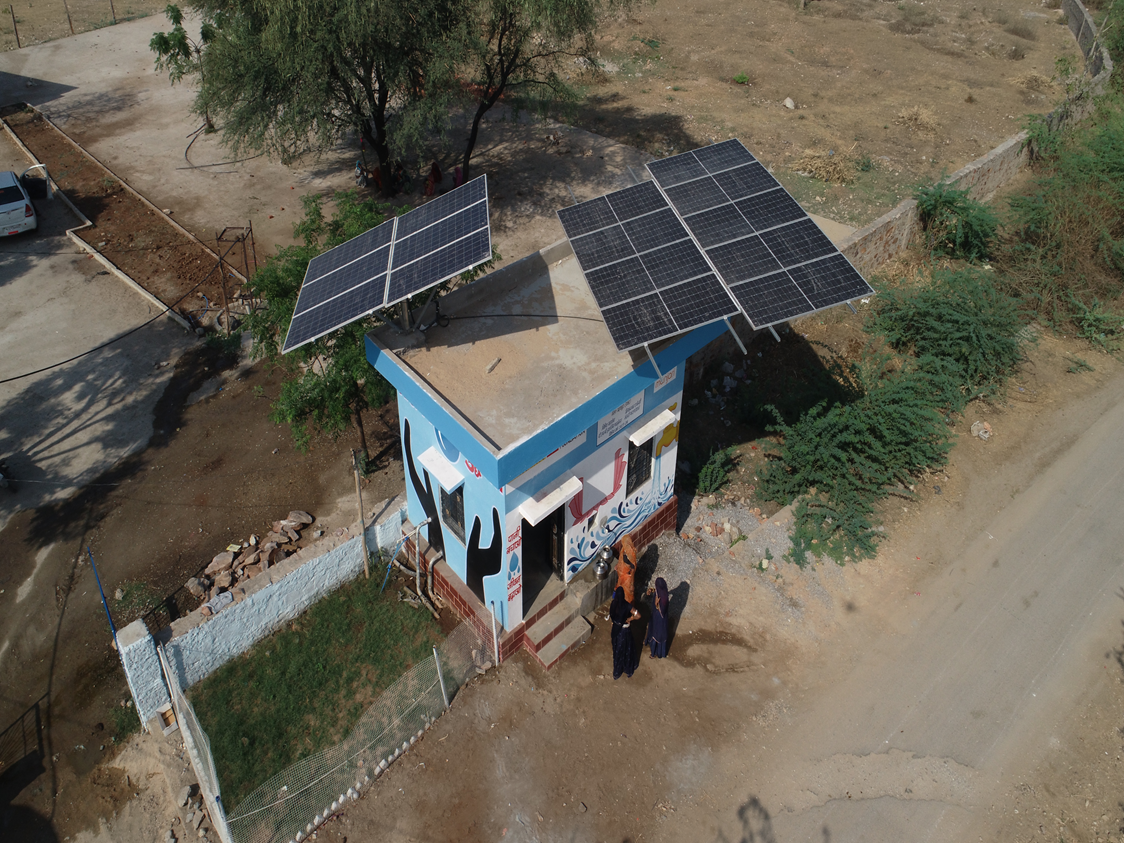
Green Energy Interventions
